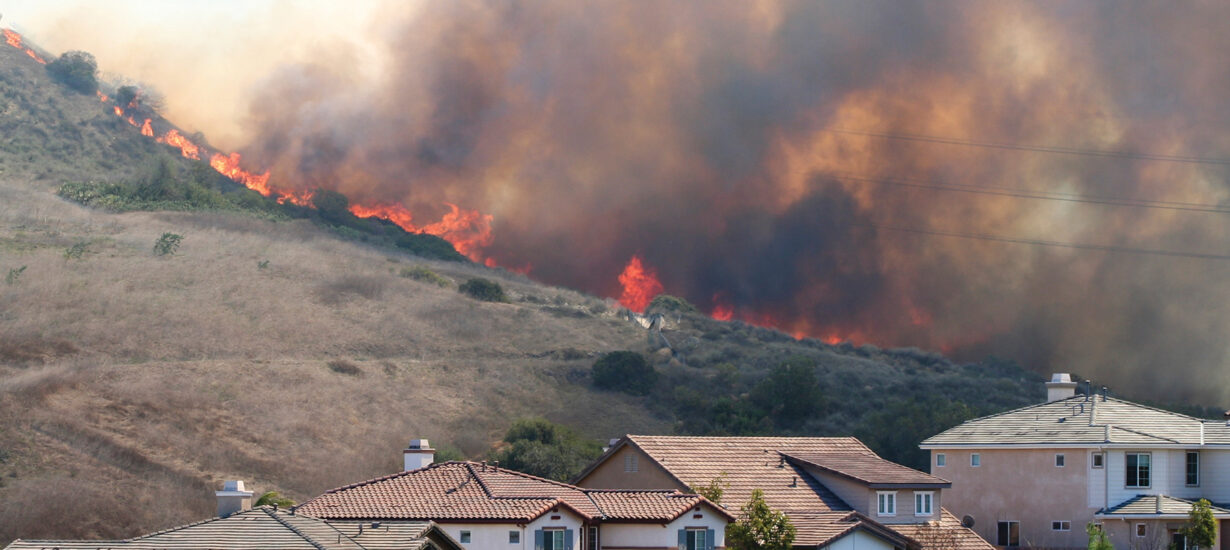- Membership
- Perks and Discounts
- Things To Do
- Resources
- News
- About
- Shop
Related Content
A Rolling Boil
Feb. 1, 2023
PTSD doesn’t just affect soldiers on the battlefield. It’s an epidemic affecting millions of Americans....
Read MoreUNC, N.C. A&T Work to Improve Black Maternal Health
Nov. 28, 2022
UNC and N.C. A&T State University are collaborating on a program designed to improve Black...
Read MoreUNC Leads New Behavioral Health Center
Oct. 13, 2022
Two professors in the UNC School of Social Work will direct a new, federally funded...
Read More-
2024
-
2023
-
2022
-
2021
-
2020
-
2019
-
2018
-
2017
-
2016
-
2015
-
2014
-
2013
-
2012
-
2011
-
2010
-
2009
-
2008
-
2007
-
2006
-
2005
-
2004
- Academics and Athletics
- Admissions
- Alumni Profiles
- Alumni Recognition
- Around Town
- Arts
- Books
- Campus Profile
- Campus Safety
- Carolina Alumni Awards
- Carolina Alumni Leadership
- Carolina Alumni Programs and Outreach
- Carolina Alumni Reunions
- Carolina Alumni Review
- Celebrations
- Championships
- College and Costs
- Commencement
- Coronavirus
- Discovery
- Extracurricular
- Faculty
- Faculty Awards
- For the People
- Go Heels
- Greek Life
- Hark the Sounds
- Higher Education
- Homecoming
- In Class
- In Memoriam
- Innovation and Technology
- Issues
- Object Lesson
- On View
- Our Treescape
- Philanthropy
- Podcast
- Public Service
- Race and Reckoning
- Research
- Sexual Assault
- Silent Sam
- Sports
- Structures
- Student Achievement
- Students
- Timelines
- Tuition and Financial Aid
- UNC Libraries
- UNC’s History
- Undergraduate Spotlight
- University Achievements
- University Awards
- University Budget Issues
- University Development
- University Leadership
- University News
- University Rankings
- What We Do
- Who We Are
- Young Alumni
- Yours at Carolina
How Wildfire Smoke Affects the Brain

Environmental health scientists at the UNC Gillings School of Global Public Health recently published a study showing adult attention spans drop in the hours and days after exposure to fine particulate matter and wildfire smoke.
Stephanie Cleland, a doctoral student in environmental sciences and engineering at the Gillings School and lead author, teamed with fellow Gillings School co-authors Marc Serre (’99 PhD) and Jason West and EPA researchers to cross-reference the scores of people playing the Lumosity game “Lost in Migration” to estimated PM2.5 concentrations using EPA air quality data. PM2.5 is a category of particulate pollutant that is 2.5 microns or smaller. The average cross-section of a human hair is 50 microns.
“We often hear anecdotal evidence of people experiencing increased fatigue or ‘brain fog’ during wildfire season,” said senior author Ana Rappold ’98, a branch chief in the Public Health and Integrated Toxicology Division of the EPA’s Center for Public Health and Environmental Assessment. “However, data on cognitive function is often difficult to obtain. Lumosity provided a unique opportunity to look at the longitudinal cognitive effects of air pollution.”
“Lost in Migration” shows players a flock of birds, each oriented in various directions, and asks them to identify whether the bird in the center is pointing up, down, left or right. More flocks appear based on a user’s response rate, and players are scored on their speed and accuracy.
In an analysis of more than 10,000 adults who played 20 rounds of the game, researchers found attention scores were on average 3.7 percent lower among those who were in areas with high daily and hourly concentrations of PM2.5.
The decreases were more pronounced among players who were in states that had been heavily impacted by wildfire smoke, including Oregon, Washington, California, Montana, Idaho and Nevada. Cleland said the lower scores in the West may also be due to different PM composition, exposure to other pollutants or eye irritation and increased anxiety and stress caused by wildfires.
The impact on attention span was most noticeable within the first three hours of PM2.5 exposure, and researchers noted some effects for up to two days.
© 2024 Carolina Alumni
